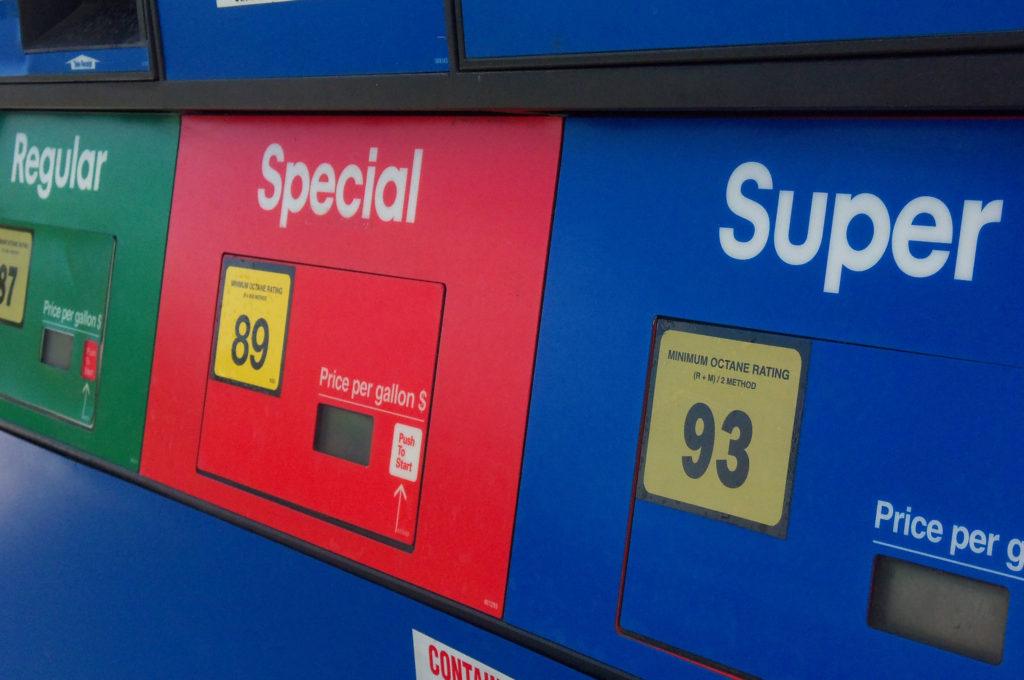One of the biggest topics to be discussed by lawmakers in Richmond during the 2019 General Assembly session is the state of roadway infrastructure on Interstate 81 in the western part of the Commonwealth. Moreover, contention is already rising on how to pay for the $2.2 billion project.
The Interstate 81 Corridor Improvement Fund, passed by the Commonwealth Transportation Board (CTB) in November and headed by the Virginia Department of Transportation (VDOT), provides improvements along the 325-mile-long I-81 corridor, which will include establishing up to six tolls on the stretch of road to pay for the upgrades. A Republican-led initiative on the matter reveals that limits would be set on toll rates and give automobiles and small trucks the ability to purchase an annual pass allowing unlimited use of I-81 for a fixed yearly fee.
Other funding proposals that have been discussed to improve I-81 have included a 0.7 percent increase in the state retail sales and use tax and a 2.1 percent increase in regional gas and diesel-only taxes, with a monetary avenue to be voted on during the 45-day session that convened in the state capital last week.
However, one Democratic lawmaker is proposing to raise revenue statewide at the wholesale level, nixing tolls, and having the entire state pay for I-81 upgrades.
“Providing a wholesale tax of 5% will go unnoticed by people filling up at the pump because this is not a retail tax at the pump, and the price of gasoline at the pump varies tremendously on almost a daily basis,” Senator John Edwards (D-Roanoke) said in an interview with WSET. “It is estimated that an additional $850 million annually can be raised statewide from this wholesale tax to build and maintain roads.”
He said that each part of the state needs additional revenue for roads and the new approach would make it unnecessary to expand tolls and rely as much on regional gas taxes under the Northern Virginia and Hampton Roads Transportation Authorities.
This would mean that since fuel tankers also transport wholesale gasoline to service stations in other states, those other states would also share in the costs of raising revenue for Virginia’s roads.
The state transportation officials that studied the I-81 corridor originally identified 105 “immediate” projects with an estimated price tag of $4.25 billion. However, due to funding challenges, the state is focusing on just 72.
While Virginia looks to begin upgrading I-81 within the next few years, they claim the best hope is to fund all immediate projects by 2060, over four decades from now as, according to VDOT, some interstate projects would cost an estimated 10 to 15 million dollars for every mile of pavement.
Other fuel tax hikes from Democrats in this year’s short session include an increase in the jet fuel tax charged on large, commercial airline flights at airports across Virginia, which is earmarked for Northern Virginia’s Metro system and the Dulles Toll Road.

